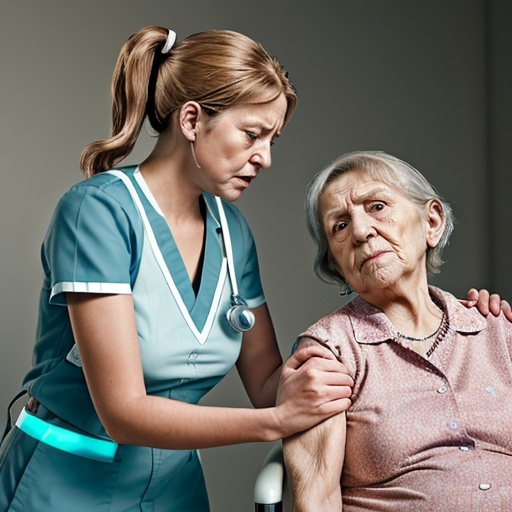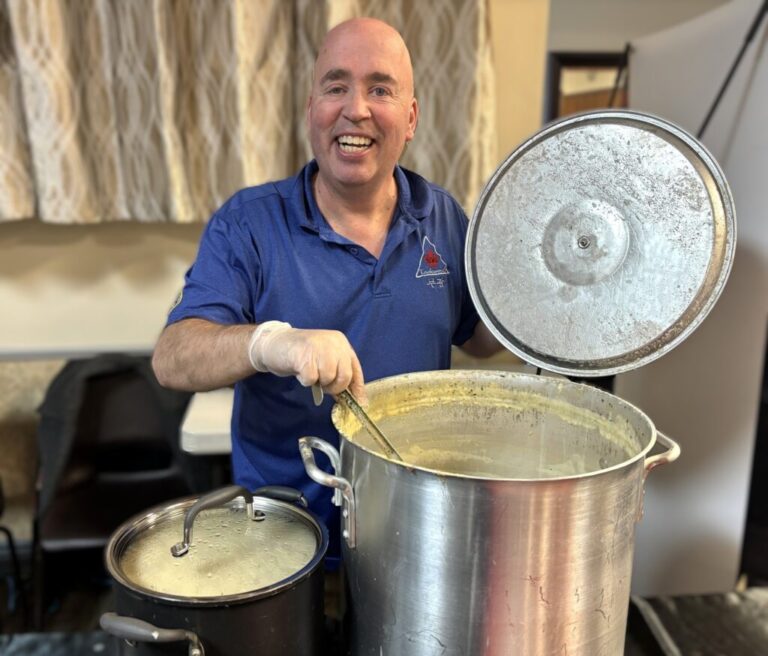
As our loved ones get older, many families have to decide if they should trust their care to a nursing home or a long-term care center. The main aim is to make sure they get the best care. However, nursing home abuse is still a big worry in the United States. This abuse can be physical, emotional, or financial.
At first, it may look minor, but it can get worse quickly. If you think someone is abusing your loved one, you must consult a nursing home abuse attorney. They can help protect your loved one’s rights and seek justice. They can help you understand your legal options, hold the right people responsible, and ensure your loved one gets the care and safety they need. Family members and caregivers must be alert and act quickly if abuse is suspected.
Recognizing the Signs of Abuse
Before going into the steps, it is important to know the warning signs. Nursing home abuse can happen in many ways. Some common signs to watch for are:
- Physical Abuse: Look for unexplained bruises, cuts, burns, or broken bones. These injuries may appear suddenly, and it could be hard to find out why.
- Emotional Abuse: If a person seems very quiet, scared, or shows signs of feeling down, this might mean they are facing emotional abuse. It can also mean they hear threats, feel humiliated, or face constant criticism.
- Neglect: A person who appears poorly fed, messy, or in dirty clothes or bedding may be experiencing neglect. It includes not giving proper medical care, personal attention, or hygiene.
- Sexual Abuse: This type of abuse can be hard to notice. Signs might be unexplained injuries in private areas, infections, or bruising around them. Odd behavior from staff or others can also be a warning sign.
Immediate Steps to Take When You See Signs of Abuse
If you think someone you love is being abused, it is very important to take immediate action. The steps below can help keep the person safe.
1. Ensure Immediate Safety
The first step is to make sure the resident is safe right away. If you think the abuse is happening now or is a serious threat to their well-being, get them out of the situation if you can. It could mean taking them somewhere else or finding a safe spot for a while. If there is a serious injury or danger, call 911 or get help right away.
2. Document the Evidence
If you think there is abuse, writing down everything you see is essential. Take clear notes about the signs, symptoms, and incidents that made you worry. It should include photos of any injuries, marks, or bruises.
Also, write down any chats you have had about the signs with the victim, nursing home staff, or management. Keep track of dates, times, and the names of people involved. This information will greatly help when you report the abuse and may serve as proof in an investigation.
3. Report the Abuse to Authorities
After you make sure your loved one is safe and have recorded the evidence, the next step is to inform the right authorities about the abuse. This usually includes:
- State Agencies: Each state has a Long-Term Care Ombudsman or a body that handles complaints about nursing homes. Contact them to report abuse and ask for an investigation.
- Adult Protective Services (APS): APS looks into suspected abuse, neglect, and exploitation of adults who are at risk. Reporting to APS can start an investigation into the facility.
- Law Enforcement: If the abuse is a crime (like physical or sexual abuse), report it to local law enforcement. They will investigate and take legal steps, which may include charging the abuser.
4. Contact a Nursing Home Abuse Lawyer
If you need to take legal action, it’s important to speak with a nursing home abuse lawyer. A good lawyer will help you understand what to do. They can tell you the best steps for a lawsuit or claim. It helps protect your loved one’s rights. It also ensures they receive the compensation they deserve for their physical or emotional injuries.
5. Alert the Nursing Home Management
It is important to let the nursing home management know about any suspected abuse. It allows them to understand the issue and improve the situation. However, be cautious. If you feel that the management may be part of the abuse or will not take it seriously, you should find other ways to report it. You could contact law enforcement or the Ombudsman instead.
6. Consider Changing Facilities
If the abuse is severe or you feel your loved one is unsafe, think about moving them to a new nursing home. It’s important to check other options closely. Visit these places yourself if you can. Look for a place with a record of reasonable care and good reviews from people living there and their families.
Conclusion
Spotting signs of abuse in a nursing home can be challenging and feel very emotional. Still, acting quickly can help keep your loved one safe and healthy. Always put your loved one’s safety first. Don’t be afraid to get legal help when you need it. Acting fast can stop more harm and ensure those responsible face consequences for what they did.












